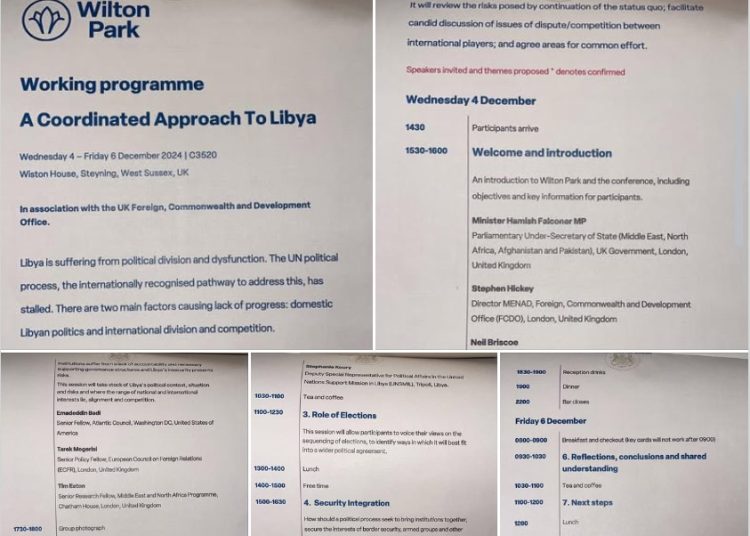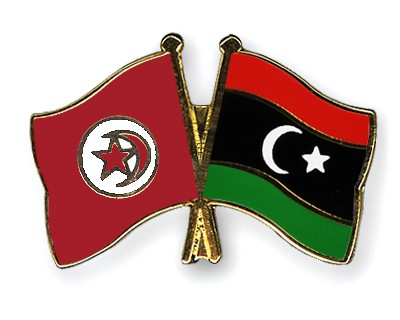UNSMIL reported yesterday that, at the invitation of the United Kingdom, the Chargé affaires of UNSMIL, Stephanie Khoury, participated in a consultative meeting over the past three days in Wilton Park, in England.
This consultative meeting comes as part of her ongoing efforts to mobilise Member States’ support for a Libyan-led and UN-facilitated political process.
“It is encouraging to see international support for the UN’s efforts to put Libya on a sustainable path towards security, stability and sustainable development,” she said in a tweet.
The Wilton Park meeting (4 to 6) included Britain, the USA, France, Italy, Germany, the EU, Egypt, Turkey, Qatar and the UAE.
There has been very little official news about the deliberations or the outcomes of the meeting. Unconfirmed reports say Russia, Saudi Arabia, Algeria, Tunisia and Libyan stakeholders were not in the meeting.
Roadmap for Libya
The meeting is supposed to agree on an international consensus for a roadmap to extricate Libya of the political impasse that it has been in since the 2011 February Revolution that ended the Qaddafi regime.
Two successful elections but no stability
Despite having two procedural elections (in 2012 and 2014) based on the temporary constitution, and deemed fair by the international community, Libya has failed to hold an election based on an agreed constitution. Governments since 2011 are supposed to be interim governments charged solely with organising constitutionally based elections.
No referendum held on the constitution
The country is politically split in two. The internationally recognised government is based in Tripoli, but the internationally recognised parliament is based in Benghazi. The two, together with the consultative legislative body, the High State Council, have failed to agree on a constitution in order to hold constitutionally based elections. The public is supposed to vote in a referendum on a draft constitution, followed by elections. No referendum has been held.
Unfair election rules
The Benghazi based rump parliament has agreed a constitution and election rules, but the powers in Tripoli reject it as an unfair and unbalanced document. The election rules guarantee a win-win for parliament Speaker Ageela Saleh and military strongman Khalifa Hafter.
Parliament boycotted by most members
A majority of the 200-member parliament have boycotted the body and refuse to participate in meetings in the east of Libya. About 20-40 rump members participate under the leadership of Speaker Ageela Saleh. Parliament is deemed to be under the control of military strongman, Khalifa Hafter. Hafter attempted to take control of all of Libya unsuccessfully when he launched a war on Tripoli in 2019.
The resulting stalemate and peace deal effectively enshrined the division of Libya into two and perpetuated the political impasse. International interference on both sides has consolidated this split.
This impasse is costing Libya dearly. Successive governments do not have a strong enough mandate to implement structural change to move Libya forward. The international community through the Security Council is refusing to unfreeze Libya’s overseas assets until a constitutional government is in place, for example.
In lieu of constitutionally based and consensually agreed elections, Libya continues to drift politically, weak and constantly in danger of further instability and the outbreak of other wars.









